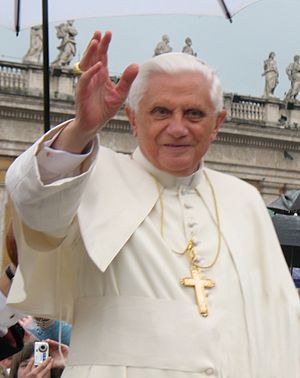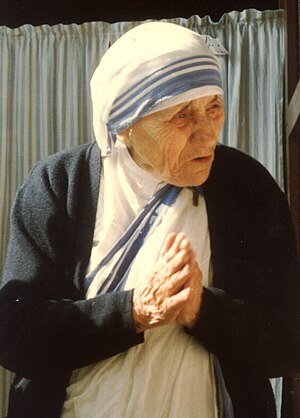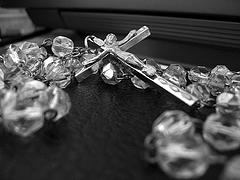 It has been a while since I’ve written a “go the extra mile” type of post. But with all that is going on in the world right now I think a little spiritual “kick” is appropriate. I want to tell you why I chose the name “RosaryMeds” for this website. “Meds” can mean a lot of things. The first word that comes to mind is “meditation” which I certainly promote on this website and in my guide on praying the rosary. But you can also think of “meds” as the slang word for “medicine” which also applies to rosary prayer. First, we should take a look at how some people view medicine:
It has been a while since I’ve written a “go the extra mile” type of post. But with all that is going on in the world right now I think a little spiritual “kick” is appropriate. I want to tell you why I chose the name “RosaryMeds” for this website. “Meds” can mean a lot of things. The first word that comes to mind is “meditation” which I certainly promote on this website and in my guide on praying the rosary. But you can also think of “meds” as the slang word for “medicine” which also applies to rosary prayer. First, we should take a look at how some people view medicine:
- Medicine is meant to treat a disease
- Sticking to a prescribed regiment takes discipline and often a conscious change in lifestyle
- Many people stop taking treatments because they don’t feel any positive effects
- Many people don’t take the fully prescribed dosage because they believe they are already cured
We first must identify the disease being treated when thinking about the rosary as a type of medicine. In my opinion, we all suffer from the human weakness of failing to follow God‘s will and having the tendency to commit sin. In many cases, knowing right from wrong is fairly straight forward. We know that we should avoid vices (lust, greed, envy, wrath, etc.) and embrace virtues (love, charity, compassion, etc.). But we often fall short in finding the strength, energy, and courage to act virtuous and follow the path God puts before us. And that is where our “rosary medication” comes in. Praying the rosary is our medicine that strengthens our resistance of committing sin.
Our holy mother Mary tells us that the rosary is our spiritual medication in many of her 15 promises. She promised:
- The Rosary will be a very powerful armor against hell; it will destroy vice, deliver from sin and dispel heresy. (#3)
- It will draw the hearts of men from the love of the world and its vanities, and will lift them to the desire of eternal things. (#4)
- Those who trust themselves to me through the Rosary will not perish. (#5)
Destroying vice, drawing hearts away from the love of the world, and not perishing in the fires of Hell sound like a some pretty powerful medicine to me. But we never receive the rosary’s benefits if we never pray it. Keeping a rosary in a drawer is like keeping the pill bottle in the medicine cabinet. Medicine doesn’t magically get into our bodies and do its wonders by itself. We have to want to get better from our affliction and take our medicine. Similarly, we have to resolve to pray the rosary, stick to it, and make it part of our daily routine. We have to want to become better people, stronger in faith, and closer to God’s good graces. Once we find that motivation, the rosary “meds” can kick in and help multiply the benefits of God’s gifts to us.
Prayer is such strong medicine that Jesus Christ not only prescribed it to His disciples, but He took it as well. While Jesus didn’t have a human weakness towards sin, He did experience fear about doing God’s will as we see in the First Sorrowful Mystery — the Agony in the Garden. And what was Jesus’ action in the face of human weakness? Jesus prayed to God for strength and courage which God gave Him as He endured a scourging, a crowning of thorns, carrying the cross, and crucifixion. Jesus got all the spiritual medicine He needed to endure a level of hardship many of us will never (hopefully) experience. If prayer was powerful enough for Jesus in His darkest hour, imagine what it can do for you in your daily struggles.
We know that sin and temptation attack our souls every day like a virus. We know that the rosary is God’s prescription for treating it. If you were sick with a physical illness would you skip taking your life-saving medicine because “you don’t feel like it?” Keeping our souls healthy is so much more important than our our bodies (don’t get me wrong, we should take care of both). So when it comes to our spiritual well being maybe we should be good patients and follow the doctor’s orders by praying regularly. Remember, a rosary a day keeps the devil away!
Related articles
 Trouble Mediating on the Mysteries of the Rosary?(intostillness.wordpress.com)
Trouble Mediating on the Mysteries of the Rosary?(intostillness.wordpress.com)
 10 great tips to help you PRAY (not just SAY) the Rosary…(followingthetruth.com)
10 great tips to help you PRAY (not just SAY) the Rosary…(followingthetruth.com)
 A reader asks: “I am struggling with my Rosary meditation. Where should my attention be during the prayer?”(rcspiritualdirection.com)
A reader asks: “I am struggling with my Rosary meditation. Where should my attention be during the prayer?”(rcspiritualdirection.com)
- How To Learn, Make, Find, Donate and Pray The Rosary…whew! (foragingsquirrel.com)
- WEAR YOUR ROSARY FOR FREEDOM – It’s O.K. – Seriously! (foragingsquirrel.com)
- Into the Fortnight We Go (deaconforlife.blogspot.com)
Related articles


















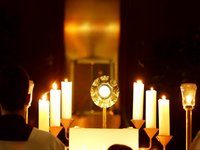


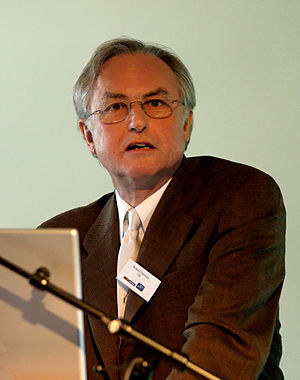

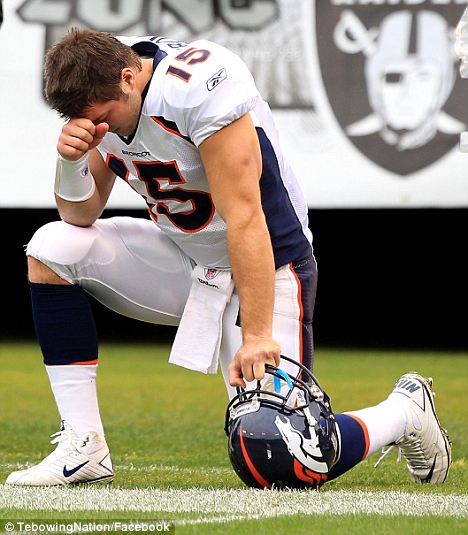 Scandals in professional sports is nothing new. Every few weeks we hear about an athlete cheating on a spouse, using drugs, squandering money on an extravagant lifestyle, or being arrested for any number of crimes. And yet, if you were to take the secular media’s take on professional sports, the most scandalous and controversial athlete of the last few months was
Scandals in professional sports is nothing new. Every few weeks we hear about an athlete cheating on a spouse, using drugs, squandering money on an extravagant lifestyle, or being arrested for any number of crimes. And yet, if you were to take the secular media’s take on professional sports, the most scandalous and controversial athlete of the last few months was 


